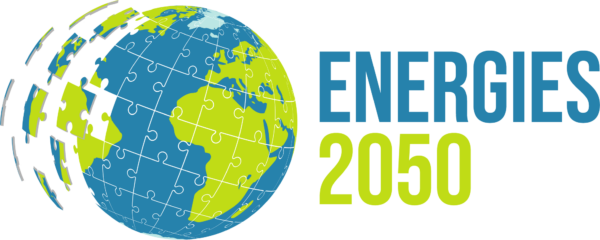SUNNY
ENERGIES 2050 has been an international network since 1999, and an association since 2011.

Overview of the project

SUNNY, a 48-month project involving 17 African and European partners, aims to deploy 5 renewable energy technologies in vulnerable areas of Uganda and Rwanda. Targeting 1,300 refugees and local residents, it promotes the circular economy and sustainable economic models, and improves access to energy, health, food security and climate resilience.
SUNNY - Sustainable energy systems for refugee and host communities in Africa (pilot projects in Uganda and Rwanda).
Ongoing research
1/06/2024 pour une durée de 48 mois – Projet toujours en cours
In six months, the project analysed needs and defined technological solutions adapted to local development.
Rwanda – Mahama camp: 58,000 refugees, with no access to the electricity grid, rely on wood and diesel.
Uganda – Bidibidi camp: 270,000 refugees, without access to the grid, use fossil generators and limited solar capacity.
At this stage, the project launched in June 2024 has carried out a detailed assessment of the situation in the Mahama (Rwanda) and Bidibidi (Uganda) camps, taking into account both the refugees and the rural host communities.
The project is co-financed as part of the European Horizon Europe programme.
organisation
ENERGIES 2050, an international network and association since 2011, supports institutions and governments in innovative low-carbon projects. Present in over 70 countries, it brings together members of more than 100 nationalities.
17 partners from 3 African countries, 5 European countries and 2 associated countries:
Allemagne (Hudara et TUB), Belgique (Solhyd et Solhydair), Espagne (Metanogenia), Finlande (LUT), France (ENERGIES 2050 et Euroquality), Ghana (Akofresh), Liban (Refuse), Ouganda (CTEN – Community Technology Empowerment Network et Makerere University), Rwanda (GLE – Great Lakes Energy, Practical Action, Solektra et TE – Terra Energy).
